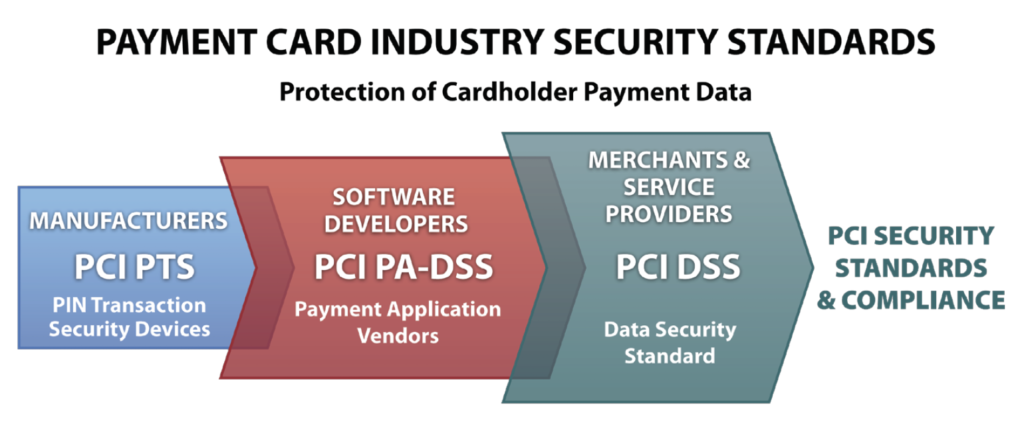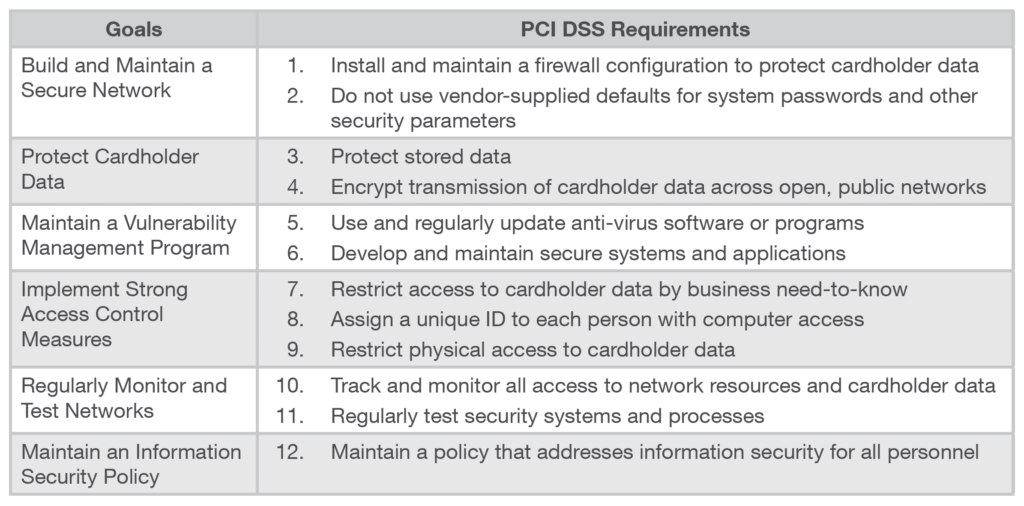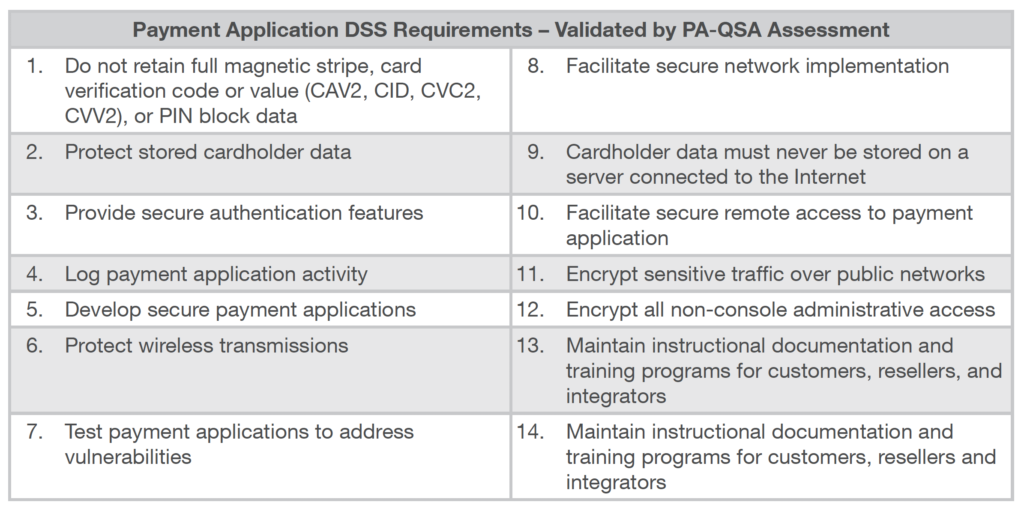Areas Covered
We provide a range of IT Services, Business Telephone Systems, Telecommunication Solutions and Technology Consulting in Southeast Washington including: Richland, Kennewick, Pasco, West Richland, Hermiston, Othello, Benton City, West Richland, West Pasco, Tri-Cities, Benton County, Franklin County, Walla Walla and Yakima.




